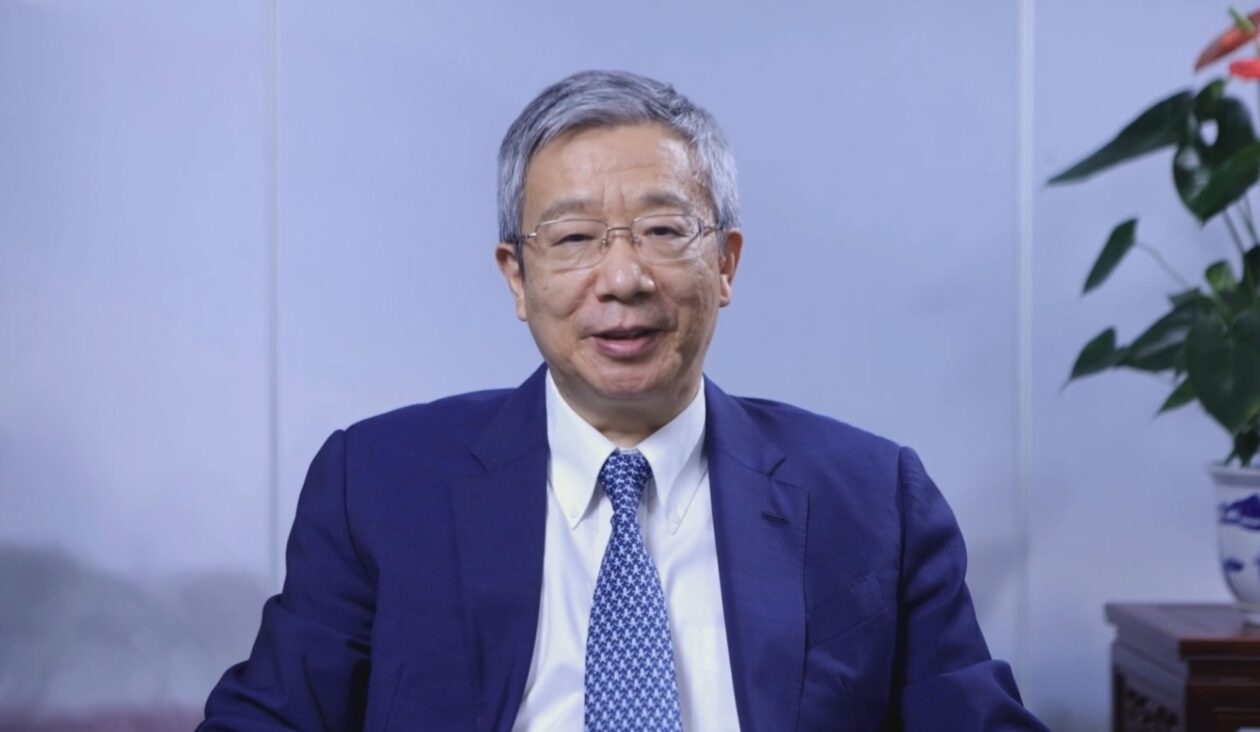China’s central bank must ensure a “delicate balance” between user privacy protection and illicit activity prevention in developing its digital yuan, the e-CNY, governor of the People’s Bank of China (PBOC), Yi Gang said on Monday.
Privacy protection is one of the top issues on the central bank’s agenda, Yi said of China’s central bank digital currency (CBDC), the world’s most advanced among major economies, during his speech at the Hong Kong Fintech Week.
“In designing e-CNY, [we] try to ensure privacy protection and financial security through, by and large, anonymity and managed anonymity,” Yi said.
Yi’s words come as the digital yuan is consistently challenged by concerns surrounding sovereign control and privacy. The PBOC has been trying to ease the anxiety by repeatedly stressing that complete anonymity is infeasible for any CBDC in the world.
“Anonymity and full disclosure are not as simple as black and white,” Yi said while underlining the balance between privacy protection and combating illicit activities that the PBOC is trying to achieve.
The digital yuan adopts a two-tier system, according to Yi.
At tier one, the central bank supplies e-CNY to authorized operators and processes “inter-institutional transactions information only.”
At tier two, the authorized operators that manage e-CNY circulation would collect, from users, only the personal information required to process transactions, Yi said.
In a white paper released in July 2021, the PBOC noted the e-CNY is not a fully anonymous system but supports a tiered “managed anonymity” feature, which appeared to have been showcased in a recent police raid.
In September, police busted a criminal group that allegedly used the digital yuan in a nearly 200 million yuan (US$27.4 million) money laundering scheme.
“These definitely are the world’s dumbest thieves,” Richard Turrin, a Shanghai-based fintech consultant and author of “Cashless: China’s Digital Currency Revolution,” told Forkast in September. “There is no practical way for a criminal to effectively launder the digital yuan, as the authorities could track transaction history if they obtain a warrant.”
Scams and money laundering cases related to the e-CNY have emerged across China since last year, with the police reportedly tracing digital yuan tracks to crack money laundering and fraud cases in Inner Mongolia, Jiangsu and Henan.
The PBOC is also working with the Hong Kong Monetary Authority, the city’s de facto central bank, to strengthen Hong Kong as an international financial center with CBDCs, according to Yi.





